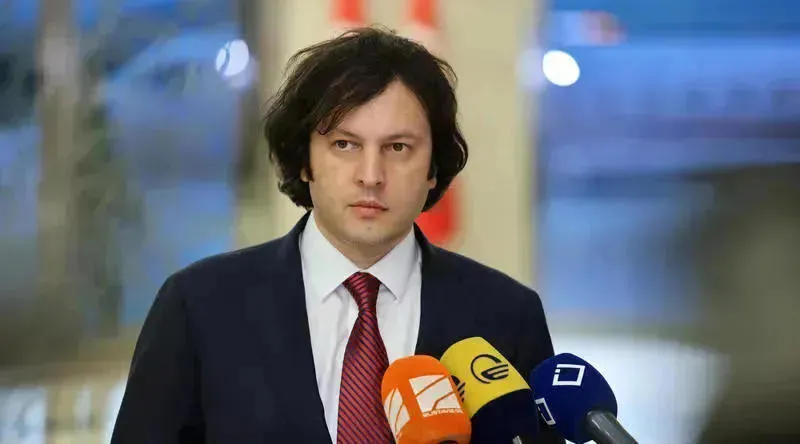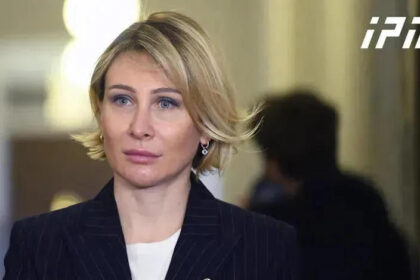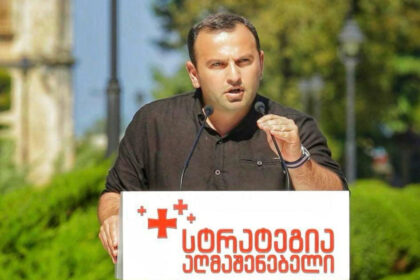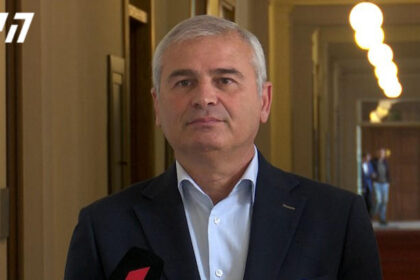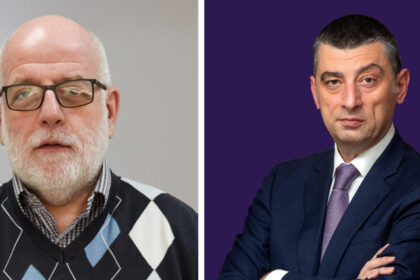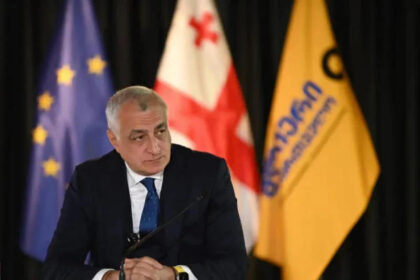**Georgian Prime Minister Defends New Media Law, Denies Censorship Claims**
In a recent interview, Georgian Prime Minister Irakli Kobakhidze defended the country’s new media law, which has been criticized by some as an attempt to restrict press freedom. According to Kobakhidze, the law is necessary to uphold standards of objectivity in news broadcasts and prevent media outlets from promoting a biased or partisan agenda.
The law in question requires media outlets to use neutral language when reporting on sensitive topics, such as politics. For example, terms like “radical opposition” are no longer permitted, even if they were previously used by other media outlets. Kobakhidze argued that this is not censorship, but rather a necessary step towards establishing a more balanced and impartial media culture.
**A History of Media Standards**
Kobakhidze pointed out that standards for objectivity in news broadcasts have been in place in Georgia for many years, but without enforcement mechanisms to ensure compliance. The new law provides these mechanisms, allowing the Communications Commission to investigate complaints from media outlets or other parties.
Critics of the law argue that it gives the ruling party too much power over the media and could be used to silence dissenting voices. However, Kobakhidze maintained that the law applies equally to all media outlets, regardless of their political affiliation.
**”Georgian Dream” Files Complaints Against Critical Media Outlets**
The ruling “Georgian Dream” party has already filed complaints against several critical media outlets, including TV Pirveli, Formula, and the online portal Mtavari. These complaints allege that these outlets have violated norms of objectivity in their reporting on the government.
Kobakhidze also emphasized that it is up to individual media outlets to decide whether or not to invite “Georgian Dream” representatives for interviews or other appearances. When asked about this, he said it was simply a matter of courtesy and balance.
**Conclusion**
The debate over Georgia’s new media law highlights the ongoing challenges faced by countries in balancing press freedom with the need for responsible and impartial reporting. While some see the law as an attempt to restrict freedom of speech, others argue that it is necessary to prevent the spread of misinformation and promote a more balanced media culture.
As Kobakhidze noted, the law applies equally to all media outlets, and any party or organization can file complaints if they believe their rights have been violated. Ultimately, the success of this law will depend on its implementation and the willingness of media outlets to adapt to new standards for objectivity.
Read More @ www.interpressnews.ge




